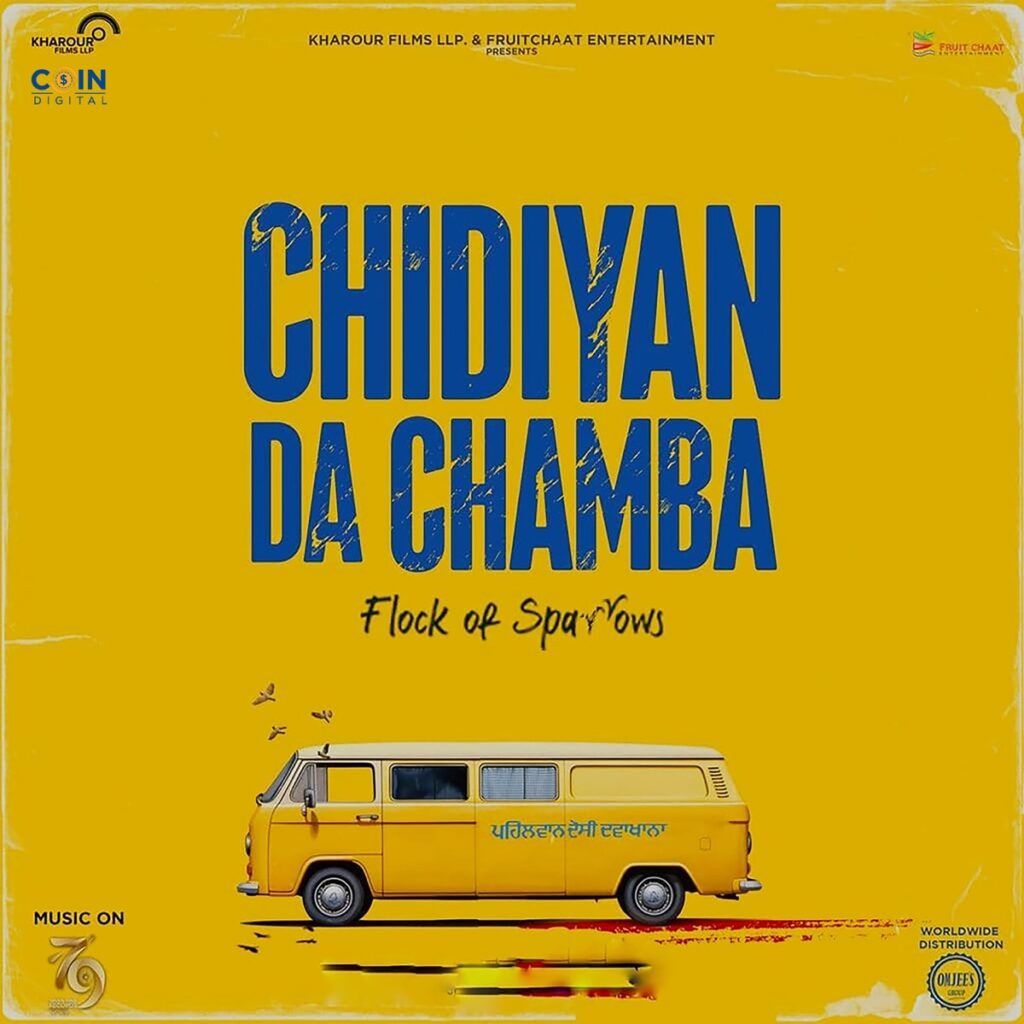Chidiyan Da Chamba (2023) is a poignant and thought-provoking film that explores the delicate balance between tradition and modernity in contemporary Pakistan. Directed by the talented filmmaker, the movie offers a fresh perspective on societal norms, family dynamics, and the complexity of human relationships. Set against the backdrop of rural life, the narrative provides an insightful commentary on the struggles of the common man while weaving a tapestry of cultural richness and emotional depth.
The film revolves around a rural family living in a remote village, where the characters grapple with their personal dreams and the weight of traditional expectations. At the heart of the story is the emotional journey of its lead characters, particularly the central figure of the young woman, whose aspirations to break free from the constraints of her environment form the core of the narrative. Her desire to carve her own path is portrayed with sensitivity and authenticity, making her a relatable figure for audiences of all backgrounds.
One of the movie’s strongest aspects is its portrayal of rural life in Pakistan. The lush, vibrant landscapes provide a stark contrast to the struggles faced by the characters, highlighting the emotional and psychological impact of living in a world that is slowly changing but still firmly rooted in its traditions. The cinematography is a standout, with stunning shots that capture the essence of the village and its surroundings, as well as intimate moments that allow viewers to connect deeply with the characters.
The performances in Chidiyan Da Chamba are a testament to the strength of the script and the director’s vision. The lead actress delivers an outstanding portrayal of a young woman caught between the expectations of her family and her own dreams, effortlessly conveying the emotional turmoil and the quiet strength of her character. The supporting cast also plays a crucial role in enriching the story, particularly in the portrayal of the family dynamics and the generational conflict that lies at the heart of the film.
At its core, the film explores the theme of freedom versus responsibility. The protagonist’s journey of self-discovery is complicated by her family’s expectations, societal pressure, and the pull of tradition. As the story unfolds, it becomes clear that the notion of “freedom” in a rural context is not simply about breaking away but also understanding the nuances of sacrifice, compromise, and the ties that bind. The film offers a powerful message about the importance of self-realization, but it also emphasizes the complexity of navigating societal pressures.
The narrative is further enriched by a compelling musical score that complements the film’s emotional weight. The music, which blends traditional melodies with contemporary sounds, helps to heighten the impact of key moments in the story and adds a layer of depth to the overall viewing experience. The film’s pacing is steady, allowing for moments of reflection and quiet contemplation, which makes the narrative all the more powerful.
In conclusion, Chidiyan Da Chamba (2023) is a beautifully crafted film that tackles universal themes of identity, family, and tradition. It provides a rare glimpse into the heart of rural Pakistan, offering a nuanced portrayal of the challenges and triumphs that define the human experience. With its strong performances, evocative cinematography, and rich cultural tapestry, this film is a must-watch for those seeking an emotional, thought-provoking cinematic experience.

